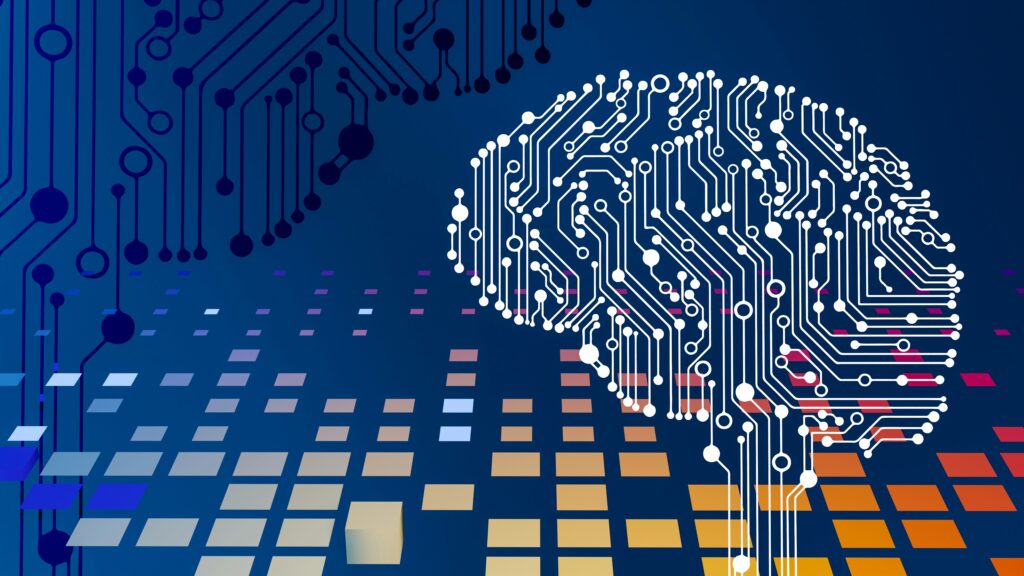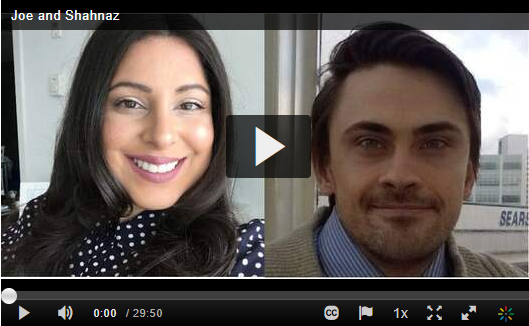

Psychology faculty members Shahnaz Winer and Joe Thompson joined a conversation about how technology is reshaping minds, methods, and what we call the “psyche.”
Dr. Winer, a professor of psychology in her second year at Douglas College, described her focus on the brain–mind question and the nature of consciousness—work now inseparable from advances in artificial intelligence. She recently supervised an honours thesis exploring how tools like ChatGPT might guide a cognitive-behavioural therapy exercise to help with anxious thinking. Shahnaz shared her thought that our brain is a beautiful bridge between our humanity/physiology and our ‘divinity’—the abstract self we call psyche or soul, noting how AI’s rise makes these questions newly urgent.
Dr. Thompson, Chair of Psychology and Social Sciences, studies how naturally occurring data—for example, from people who play video games—can power new research. He also zoomed out to a big-picture concern: humans routinely overestimate attention and multitasking ability. Whether walking or driving, divided attention can turn risky. “The cognitive system is very limited attentional resource, and people tend to overestimate how many resources they have”.
The conversation traced psychology’s roots—psyche as “breath” or “soul”—to today’s scientific lens on the brain, touching on the long-running debate about whether humans are fundamentally special or simply part of nature’s continuum. Both guests urged caution with fast-moving AI systems whose inner workings can be opaque. Because generative models are trained on human data, they can inherit our biases—making thoughtful guardrails and regulation part of the work ahead.
Dr. Winer emphasized what to protect as more tasks are offloaded to machines: empathy, connection, and community. “Our relationships and care for one another can’t be replaced,” she noted, adding that AI is still “in its infancy” and can be shaped to benefit humanity. Thompson closed by returning to an ancient reminder from Delphi—Know Thyself—arguing that we should use AI carefully until we better understand our own cognitive limits.


Leave a Reply